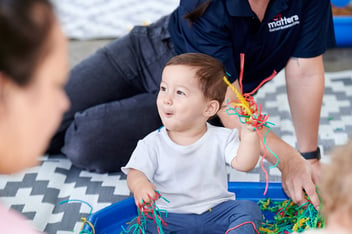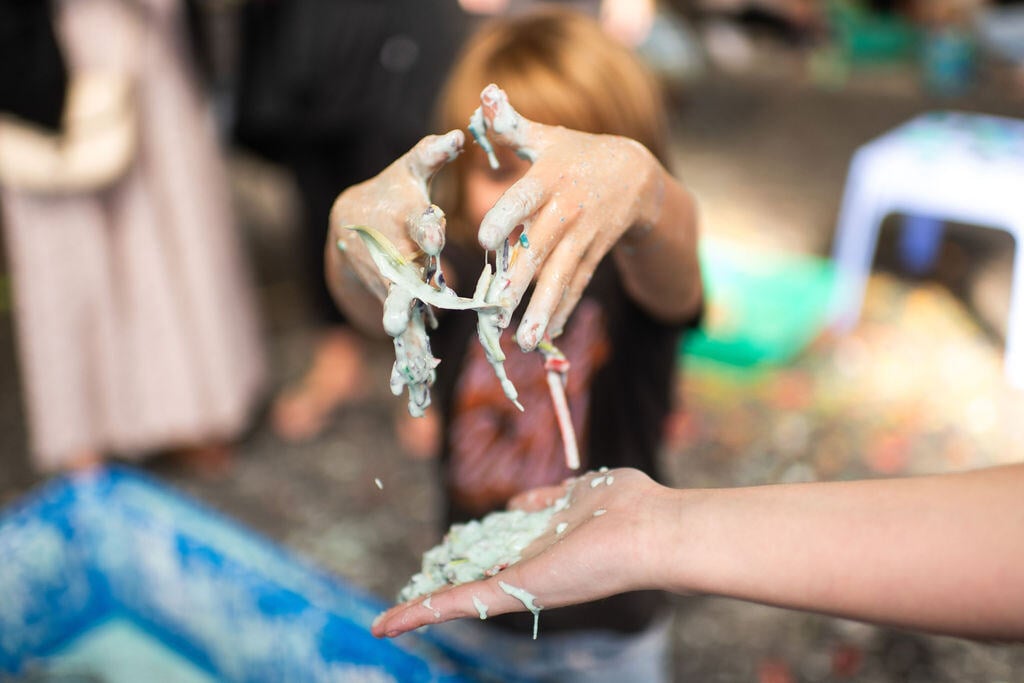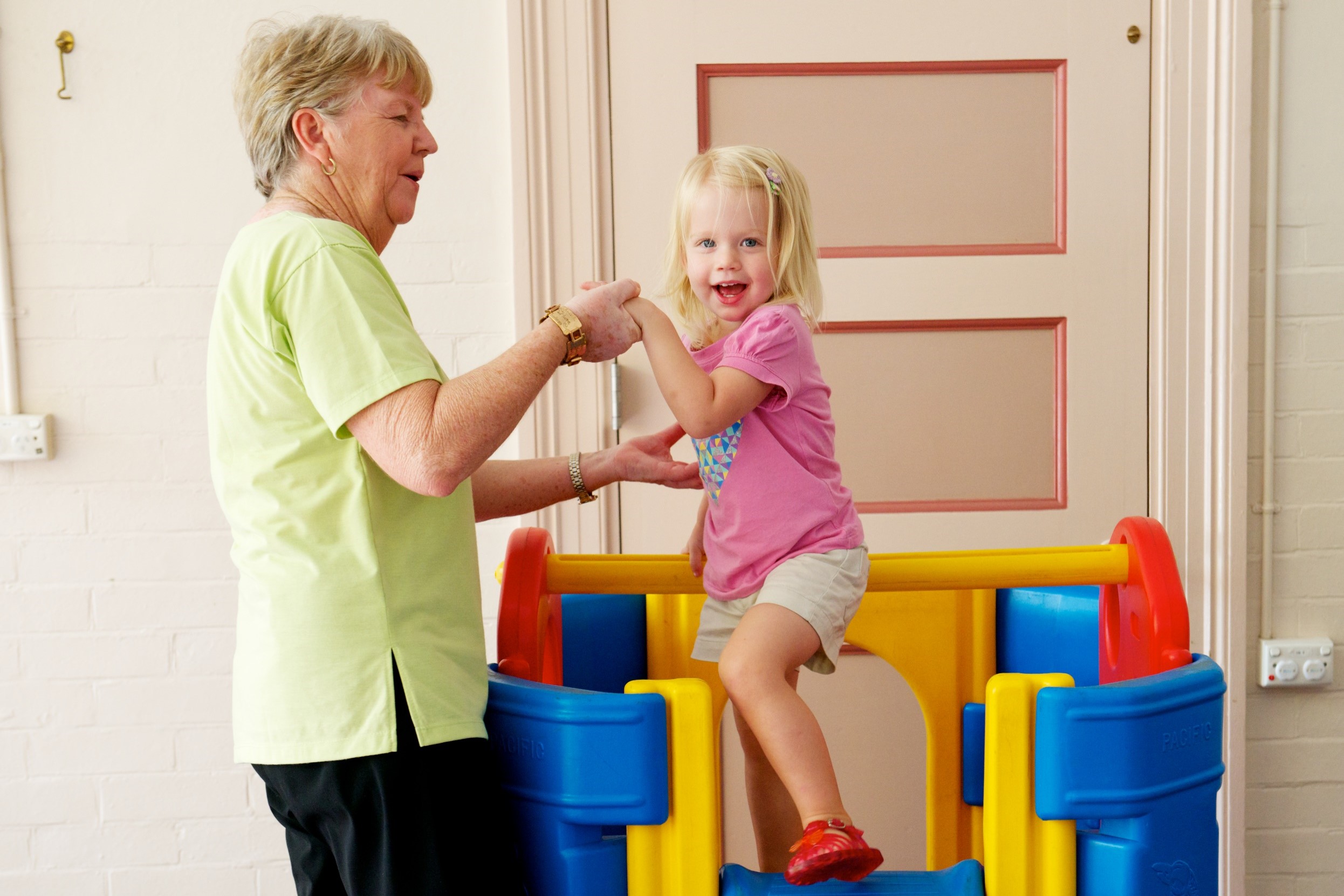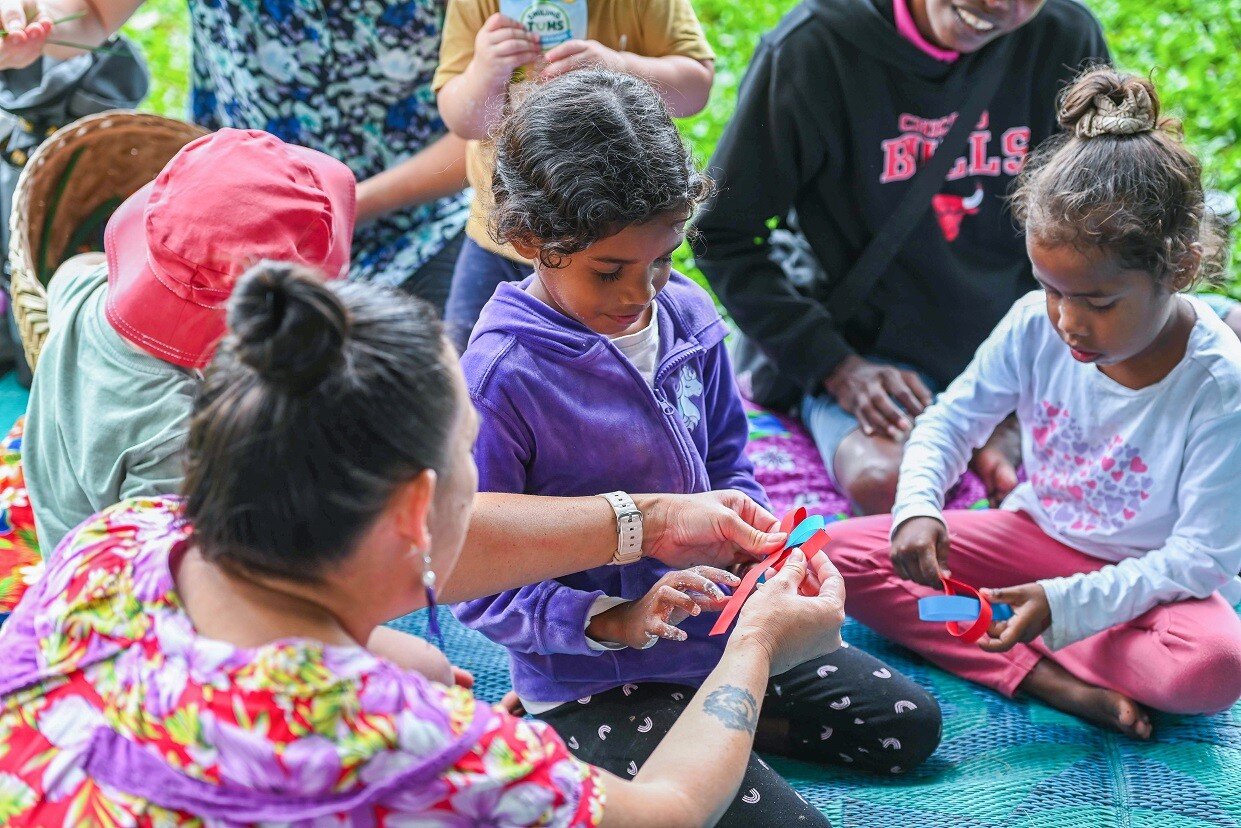Long before children pick up a pencil, they are already developing the necessary skills and muscles for writing. These are known as pre-writing skills. During these early stages, quality play-based learning experiences give children the opportunity to build foundational skills that will support lifelong learning and future success. There are many elements to children’s development that help make-up the path to writing. The following outlines some of the building blocks to children’s budding skills, and ways to support them through play-based activities during their pre-writing development.
Hand and Finger Strength
Children rely on hand and finger strength to hold and grip writing tools. Activities that build fine motor skills, and encourage children to exercise actions such as gripping, holding, pinching and squeezing, will support the development of such muscles. Small world play encourages children to pick up, move, and manipulate small objects. Sensory activities such as taste-safe mud or slime support the flexing and tensing of hand muscles as children squish, scrunch, and smash. As children grow, the use of tools will further support these skill. Play that in which children can use tongs, tweezers, or pipettes, such as water play or sorting activities, can help build strength and dexterity.
.jpg?width=1024&height=683&name=BRISBANE%20MPM%202024%20WEB%20RES%20(16).jpg)
Hand-eye Coordination
Hand-eye coordination is fundamental in writing skills. Open-ended art activities are a great way for children to practise control over drawing and marking, as well as creating opportunities to practise and explore lines and shapes. Activities that require children to manipulate smaller items, place or move toward a 'goal', and fit pieces together, also supports their hand-eye coordination, as well as their fine motor skills. Try paper weaving, threading, pom pom drop, water play, finger painting, shape sorting, and games that require aiming for a goal like hallway bowling.
Forming Lines and Shapes
Exploring lines and shapes will support children in eventually forming letters. Children create lines and shapes in many different ways, during different stages of their development. Children may form straight and wavy lines, as well as basic shapes like circles and triangles, during craft time, using bits of string, craft sticks, paddle pop sticks, and even paper. During sensory play, children utilise their fine motor skills and create strokes in sand or form shapes with playdough. With blocks, children see and begin to recognise shapes, distinguish straight from curvy lines, and create meaningful structures.
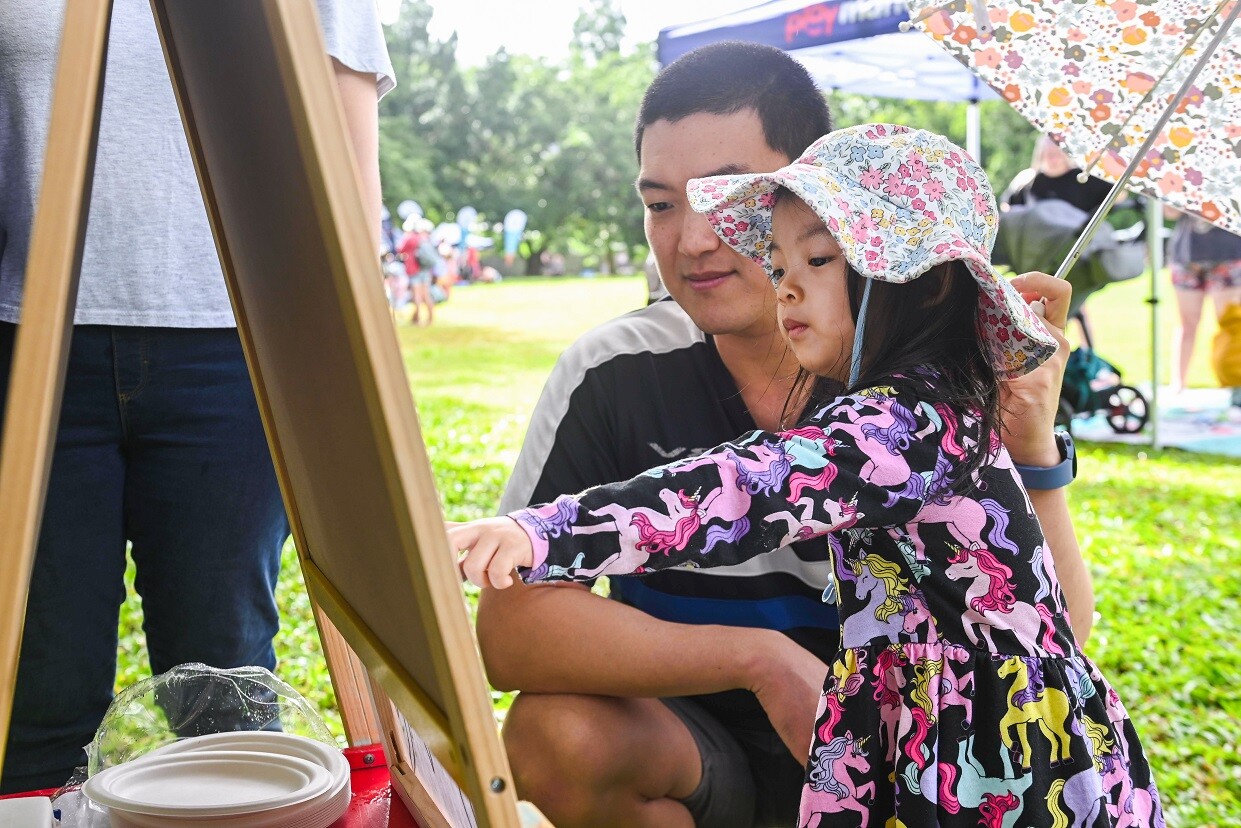
Manipulating Writing Tools
As children work with pencils, markers, and even paintbrushes, they begin to build towards writing. Children may begin by imitating what they see others do. This may begin as scribbling or experimenting with brushstrokes and basic lines and marks. Children may then begin tracing, outlining physical shapes, as well as tracing the lines of images beneath paper. Children may then begin trying to copy the shapes and lines they see in the world around them.
Forming Letters
At different stages of development, children may start forming letters or the beginning strokes of letters. Providing different materials for children can support them in understanding the formation of letters, while also recognising letters, sounds, and even the alphabet. Activities that allow children to use their fingers to follow the lines and direction of letters are a great way to encourage this. For example, use soft materials such as gel or slime in a plastic bag and support children to practise drawing the letters, or children can draw in sand, or with fingerpaint, or even with water and some cardboard. Children can also use pipe cleaners or playdough to mold and form letters.
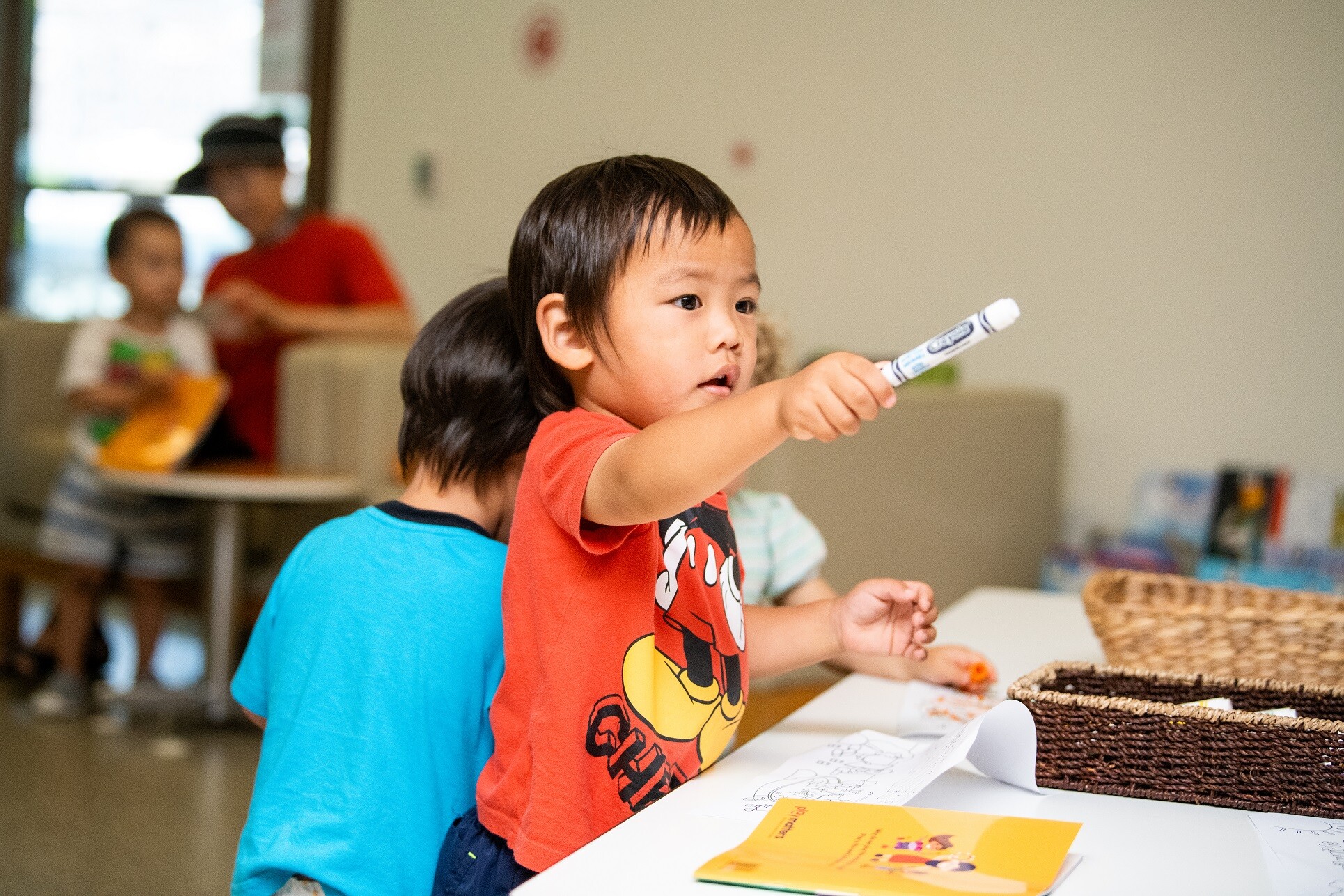
Letter recognition
Pre-writing skills may also include letter recognition. Reading and exploring letter shapes and sounds will support children as they begin and continue to write and read. Using foam or block letters in regular activities can help support children’s recognition. They may begin spelling their name using alphabet blocks, or play games such as fishing for letters, matching beginning letters to objects, or point out letters they know in books.
It's important to remember that play is the most important way children learn, especially at such a young age. Children’s most important skills develop as they play, and while activities with a focus can have a range of benefits, child-led activities are some of the most beneficial. Remember to let children lead, and reintroduce certain activities throughout different stages as they demonstrate varying levels of interest. Play is important work for children, but it's also great fun!
References
Central Coast Local Health District (CCLHD) - NSW Health
Writing Readiness (Pre-Writing) Skills - Kid Sense Child Development
Pre-Writing Skills - Aussie Childcare Network
